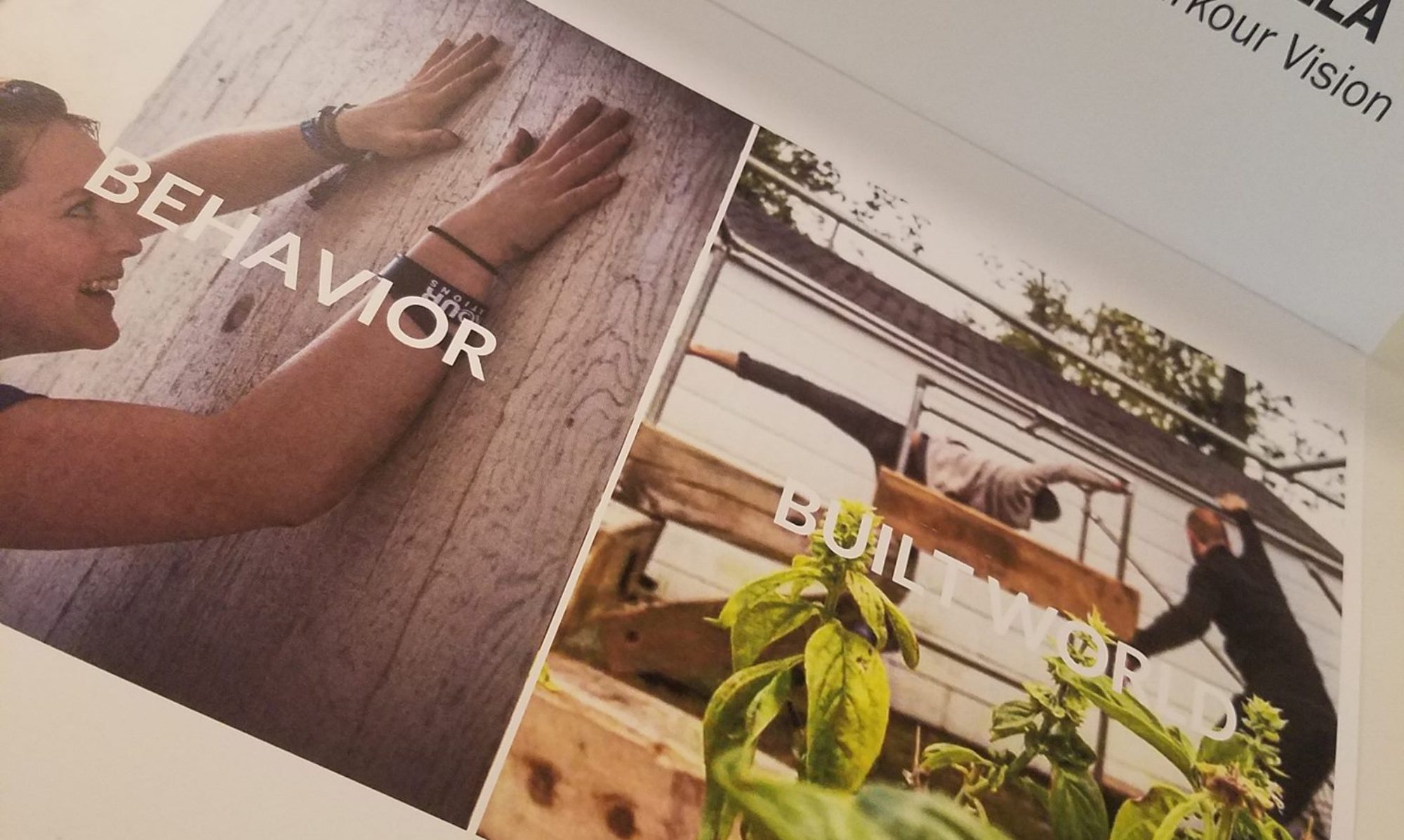When honoring your commitments becomes too hard, you have two choices: you can change your behavior to meet your commitment or you can change your values to meet your behaviors. One choice will strengthen your integrity and the other with will erode it.-Stephen Covey
Powerful reality in simple terms. Whether it is a commitment to yourself, others, a company, or a community, whether it is an agreement explicit or implicit. Taking ownership of our commitments, and acknowledging the impact of our behaviors, is a critical element of trust and relationship building
Tied to this is the concept of congruence and dissonance. A common phrase I often hear is about how we shouldn’t listen to what people say and instead look at what they do when it comes to determining character and quality. 🤔However, while there is certainly some valuable information to be gathered in that observation, I think it is incredibly important not only to hear what someone says, but to see if someone matches what they say with equivalent action. This 🙌Congruence🙌–the alignment of word and action– consistently over time, is the basis of trust and integrity.
Dissonance, meanwhile, is the opposite, and happens at all scales. Dissonance in our lives appears in small ways, such as saying you’ll get up at 7 and yet still snoozing until 8, or that you won’t eat sugar and yet still have a little chocolate after dinner to promising to send an email tonight and not doing it until tomorrow….. up to larger scales such as being lazy at work or doing the bare minimum after promising excellence; It’s deprioritizing people you say are important–ie not calling back or standing someone up or giving them time. And at the height, its major breaks of trust and commitment.
And each moment of dissonance, large or small, adds up. It not only harms the trust others have in you but the trust you have in yourself.
The Speed of Trust and Building Congruence in Your Life
📘🧙♂️
I recently finished the book Speed of Trust, and it suggests 3 things you can do to level up and improve rate of congruence in your life… to help in building deeper trust:
- 1️⃣ don’t make too many commitments. Time is a limited, invaluable resource and each commitment you make requires a certain amount. Make sure you’re committing that time to who and what and where it matters. people? self-improvement goals? your degree program? business projects?
- ️2️⃣️ treat commitments to yourself, large and small, (ie that alarm clock, your gym new years resolution, your dieting habits) as seriously as those you make to others. If you can’t trust yourself why should any anyone else? trust starts with you.
- 3️⃣️ don’t make commitments impulsively or hastily. Think through the entire lifecycle of a commitment. Discuss them with your partners, boss, associates, friends, or self. Make sure you are on the same page and can honor what you claim you can, to the level expected.
These three stepping stones can get you pretty far actually in building better trust-founded relationships. But what isn’t mentioned here is what to do when you break a commitment–when dissonance resonates?
Resorting Integrity in the Face of Dissonance
Personally, despite my best efforts, I’ve been guilty of dissonance and still on occasion find that I have made a commitment I either can not or am not actually willing to meet.❌What I have learned is that the only way to restore trust, and my integrity, and get back on track is
- 🔸 take ownership. admit you had and broke a commitment
- 🔸 acknowledge the impact. recognize that there are levels of impact–on your communities, your partners/friends emotions and well being, on the performance of your organization, etc. what are they? this is an important step because you also begin to understand why YOU are important, and why your commitment was important to begin with
- 🔸 renew the commitment, re-negotiate it, or terminate it. here is an opportunity again to set accurate expectations, make appropriate commitments, and move forward in a space of trust and integrity.
At the end of the day we should all be striving to achieve high levels of congruence in our lives, where people can trust us–that our actions and words will align. Congruence inspires confidence and trust, and demonstrates not only high levels of integrity but a capacity to make meaningful commitments–and it sits at the heart of what it is to be a Leader.
And.. whether you are a leader in a large space or just leading your own life, congruence will help you show up better not only to yourself, but to your partners, co-workers, and friends.⚔️
Reflections:
- Where and with who or what do you have commitments, and what are they?
- Do you accept those commitments as they are or do they need to be renegotiated?
- Which commitments trump others when there are conflicts of action?
- Are your words congruent with your actions?
- Who and what matters to you, and are your actions communicating that they matter to you in a consistent manner?


